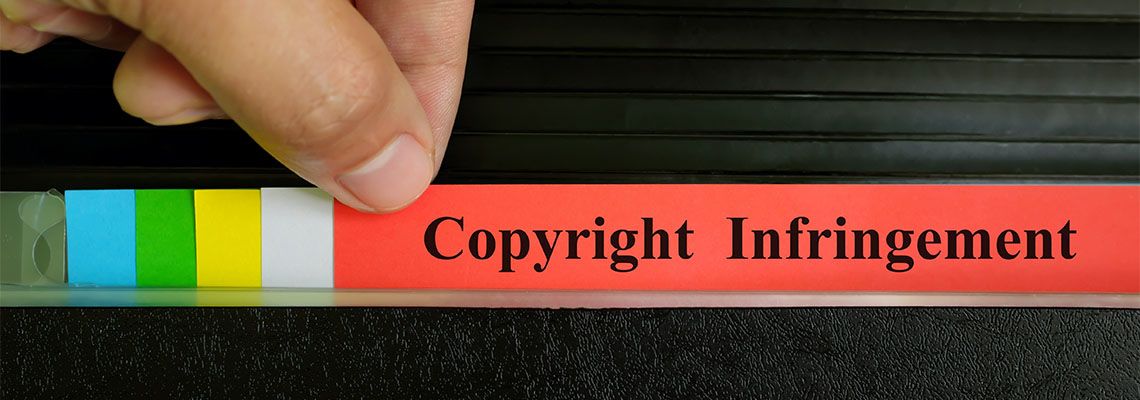
Four Factors That Determine Whether a Copyright Was Infringed
Every copyright holder has the exclusive right to control how their work is used. But what happens when someone else uses your copyrighted material without your permission? Are they infringing on your copyright? That answer depends on the assessment of “fair use,” which consists of four factors.
If you believe that someone has violated your copyright, it is imperative that you take action as soon as possible. A copyright infringement attorney can help you protect your rights and take the necessary steps to hold the infringer accountable for their actions. Reach out to Ream Law Firm, L.L.C., and schedule a free consultation with Dale J. Ream to discuss the specifics of your case.
Dale J. Ream handles copyright infringement cases in Kansas City, Missouri, and other parts of the KC metro area, including Jackson County in Missouri and Johnson County in Kansas.
The Assessment of Fair Use
Let’s discuss the four factors that determine whether your copyright was infringed upon based on the assessment of “fair use”:
1. The Purpose and Character of the Use
A court will first consider the purpose and character of the use in determining whether a copyright was infringed. For instance, if an individual is using a copyrighted work for educational or nonprofit purposes, it is more likely that there has been no infringement than if they are using it for commercial gain. It is also important to consider whether the use transforms the original work or merely copies it. If the user has added something new or creative, then it may be considered “fair use” and not an infringement of copyright.
2. The Nature of the Copyrighted Work
Another factor that courts consider when determining whether a copyright was infringed is the nature of the copyrighted work itself. Generally speaking, works that are creative or include elements of creativity are more protected under copyright law than those which are factual or purely functional in nature. A factual work, such as a phone book directory, will typically have fewer protections against infringement than a novel or painting since it does not contain much original content.
3. How Much of the Copyrighted Work Was Used in Relation to the Copyrighted Work as a Whole
The quantity of material used can also be an important factor when determining whether a copyright was infringed upon. If one person copies only a small portion of another person’s work and adds significant additional content then this may not constitute an infringement because it could be considered “fair use” under copyright law. However, if they copied a large portion without adding anything new then this could be seen as infringement by a court.
4. The Effect of the Use on the Market for the Work
Finally, courts will look at how much effect any use had on potential market demand for that work if there had been no infringement. If someone were to copy another person’s novel and distribute it online for free, then this would hurt sales for both parties involved since readers wouldn’t need to purchase any copies from either author anymore. On the other hand, if someone were to write their own review of another person’s novel, then this might actually increase overall demand since readers would learn more about it and potentially buy both versions when they become available on different platforms.
What to Do When Copyright Was Infringed
If someone has used your copyrighted work without permission or authorization, the first step is to document the infringement so that there is proof that they were using your work without your permission. This includes saving screenshots of any online material containing your work, gathering physical copies of printed materials that contain it, and keeping detailed records of any communications between you and the infringing party.
Once you have documented evidence of the violation, you can then contact a copyright infringement attorney who can advise you on how to proceed with legal action against the infringer. A knowledgeable attorney will be able to assess whether or not your case has merit and advise you on how to best proceed with legal action against the infringer.
Understand Fair Use Rights With an Attorney’s Guidance
By understanding the above-mentioned factors, you can better protect yourself against potential violations while still making sure you don’t inadvertently infringe upon anyone else’s rights as well. If you believe that your copyright was infringed upon, get knowledgeable guidance from Dale J. Ream, who specializes in protecting clients’ fair use rights. Reach out to attorney Ream’s office to schedule a free, confidential consultation and discuss the specifics of your case.
